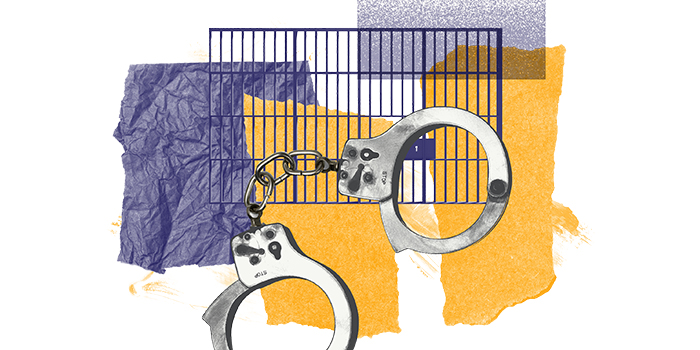
Brendlin v. California
What's at Stake
Reviewing whether a car's passenger can challenge an illegal traffic stop under the Fourth Amendment. DECIDED
Summary
The petitioner in this case was a passenger in a car stopped by the police. After the police determined that there was an outstanding warrant for his arrest, he was searched and ultimately brought to court on several drug charges, despite the state's concession that the stop itself was illegal . Brendlin moved to suppress the evidence found during the search on the theory that the initial stop of the car was illegal. The California Supreme Court affirmed the trial court's denial of Brendlin's motion to suppress, ruling that passengers are not initially seized by traffic stops and therefore cannot challenge such stops under the Fourth Amendment. The ruling permits evidence gathered from a concededly unlawful stop to be used against passengers but not the driver. In an amicus brief submitted with the NAACP and AALDEF, the ACLU argued that the state court's holding that passengers are and feel free to leave during traffic stops mischaracterizes the experience of most car passengers. Given evidence about racial disparities in stop and search rates, the ACLU argued that the Supreme Court's failure to reverse the lower court's ruling and uphold Brendlin's right to challenge an illegal stop would invite racial profiling by the police and leave victims without a remedy .
The Supreme Court affirmed that passengers are "seized" for Fourth Amendment purposes and as such can challenge the legality of traffic stops.
Legal Documents
-
06/18/2007
Supreme Court Decision in Brendlin v. California
Date Filed: 06/18/2007
Download Document-
03/05/2007
Brendlin v. California - ACLU Amicus Brief
Date Filed: 03/05/2007
Download DocumentPress Releases
ACLU Applauds Supreme Court Ruling Protecting Fourth Amendment Rights of Car Passengers